Governing the city with applications: lean urbanism or social exclusion?
Elizaveta Turgeneva | 18 février 2017
 City applications are very widespread and useful to engage citizens more and more in city life. However, it is true only to a certain extent, since it also has a strong exclusive mechanism as well. This is extremely obvious for online referendums.
City applications are very widespread and useful to engage citizens more and more in city life. However, it is true only to a certain extent, since it also has a strong exclusive mechanism as well. This is extremely obvious for online referendums.
Digital technologies transform society. They may push it towards a more inclusive democracy, or by contrast to total control. Appeared along with smartphones, applications continue concurring new functions in social, political, economic and especially in city life.
Given the fact that the creation of “apps” is not such a big deal, they have become a usual part of our day-to-day life. Cities start seeing smartphone applications as a tool to govern more efficiently, to overcome red tape, to bridge citizens and city administration, as well as to pave the way for civil initiative. Furthermore, as an added value they brand a city as “smart”.
Helpful digital utilities
The majority of local authorities see apps as a convenient administrative tool to better manage city services: consumption of energy, transportation, parking or any other urban services. This sort of “useful” applications is widely spread around the world. In Paris, for instance, the app called “DansMaRue” permits to quickly report a problem, so that the proper service will plan the intervention in a shorter time. Boston, with its “Citizen Connect App”, was among the pioneers of the city app movement to report minor city issues, and now offers a showcase of city applications on the city official website.
In a few years, the whole range of urban life will be covered by applications. The next step is just to join all the city functions together in the frame of a single app, as Los Angeles did: MYLA311 (LA city app) can offer citizens any kind of service from bill payment to search request for a parking slot. It falls perfectly in the global tendency for urban apps designers to create a universal app (CityMapper, Mappy, etc).
However, some cities went even further than that
Along with technological development, applications made their way from administrative tools to holders of more in-depth urban social-economic values. The next generation of urban apps has a more ambitious aim to link or to create a urban society, foster the participatory government and civil engagement. As an example, PeerBy, the latest New Cities Foundation “AppMyCity” price winner, offers a platform to enable the dwellers of a neighborhood or the whole city interact with each other. Ourhub, a city play app, was designed with the same logic.
The will to create a local community through an app could be seen as a “smart” attribute of democratic society. These attempts go in two directions: bottom up, as with “PeerBy” or “Ourhub, or top down, as it is for Moscow, Singapore and Dubai’s applications. Nevertheless, applications thought to simplify the access to so-called lean urbanism have in fact exclusive mechanisms as well.
What is exclusive?
In 2014, the Moscow City Hall introduced an app to boost citizens’ engagement and to include citizens in the decision-making process through online vote. In 2015, it accounted around 2 million users (while the whole population of Moscow has more than 11 millions). Each year, around 580 urban issues are sent to online voting. In order to sign up for an application, one also needs to provide their personal data.
Over 250 administrative decisions were taken according to referendum results. The set of issues considered is diverse, from new parking building to speed limitation in particular districts. The system also motivates “active” citizens by offering “points” that might then be used to lower the price of a parking ticket or any other service.
Active for the past two years, it has generated a lot of criticism. Entirely thought as an inclusive online referendum to deal with city issues, it has actually functioned as a more exclusive base for city management. The questions of a particular neighborhood might thus be answered by those who live in another; besides, the rest of the dwellers who have not signed for the application have no alternative way to vote. Hence, the decisions taken by onlinereferendum in many cases may prove populist, with no link to the actual urban context. They may even allow the legalization of unpopular decisions.

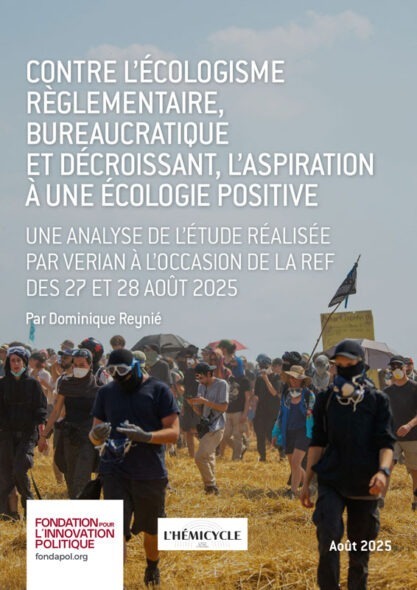
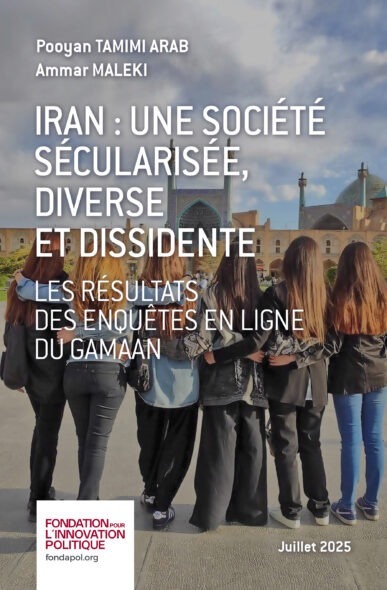
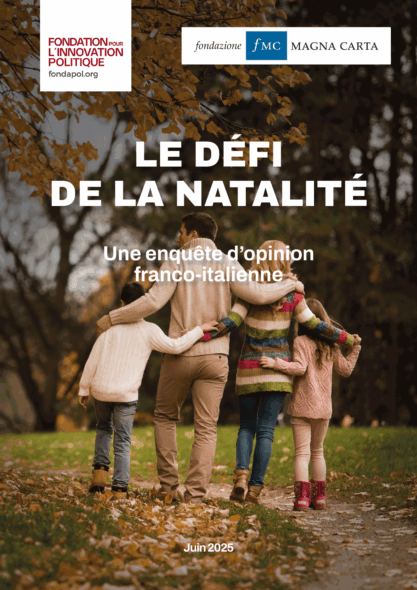
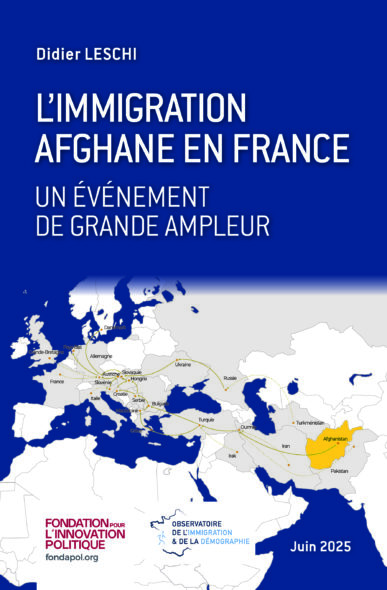
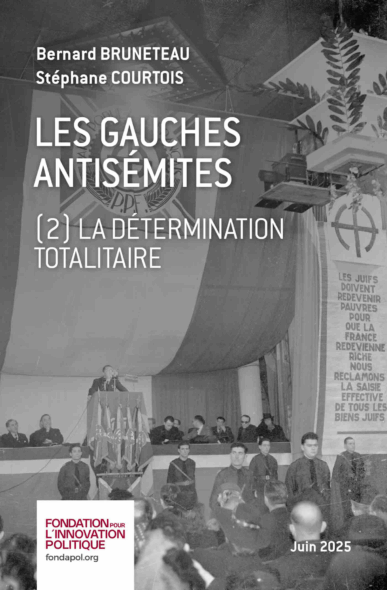
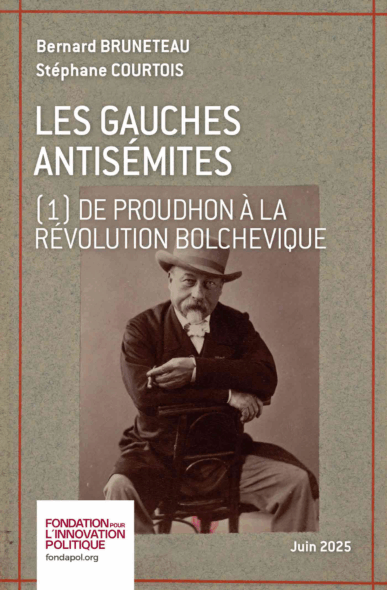
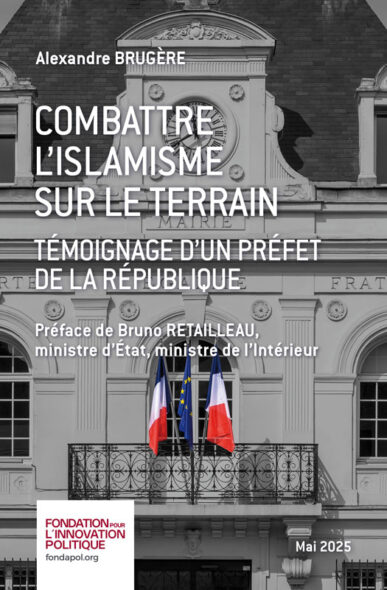
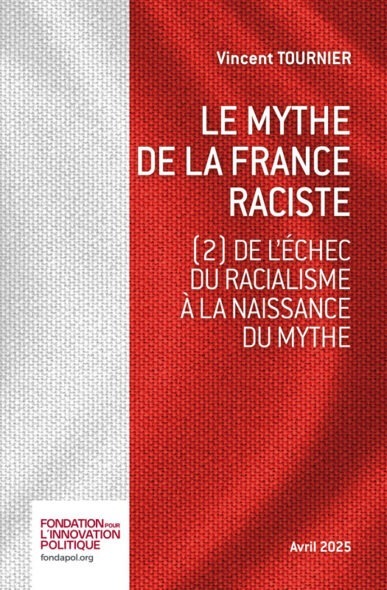
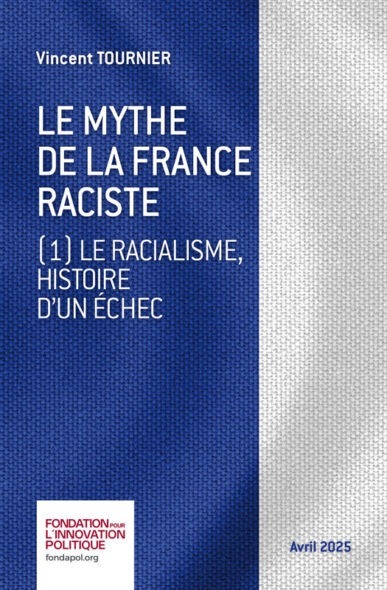
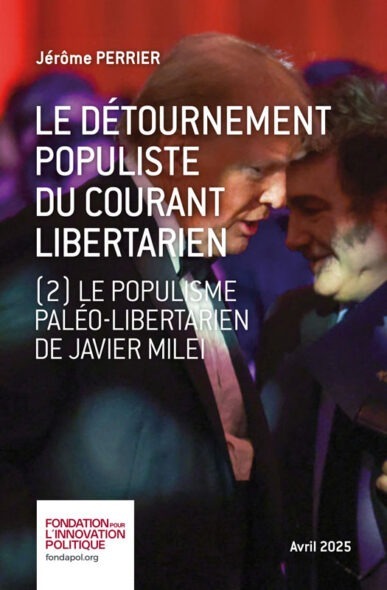
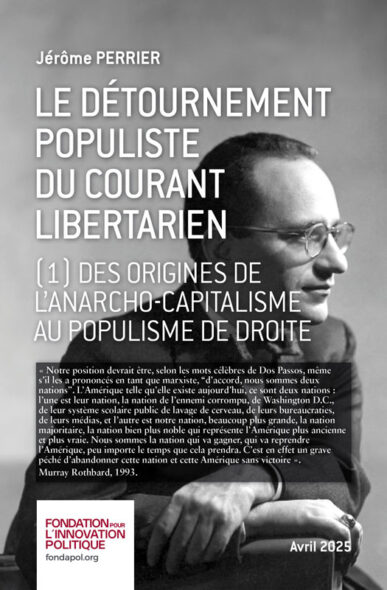
Aucun commentaire.